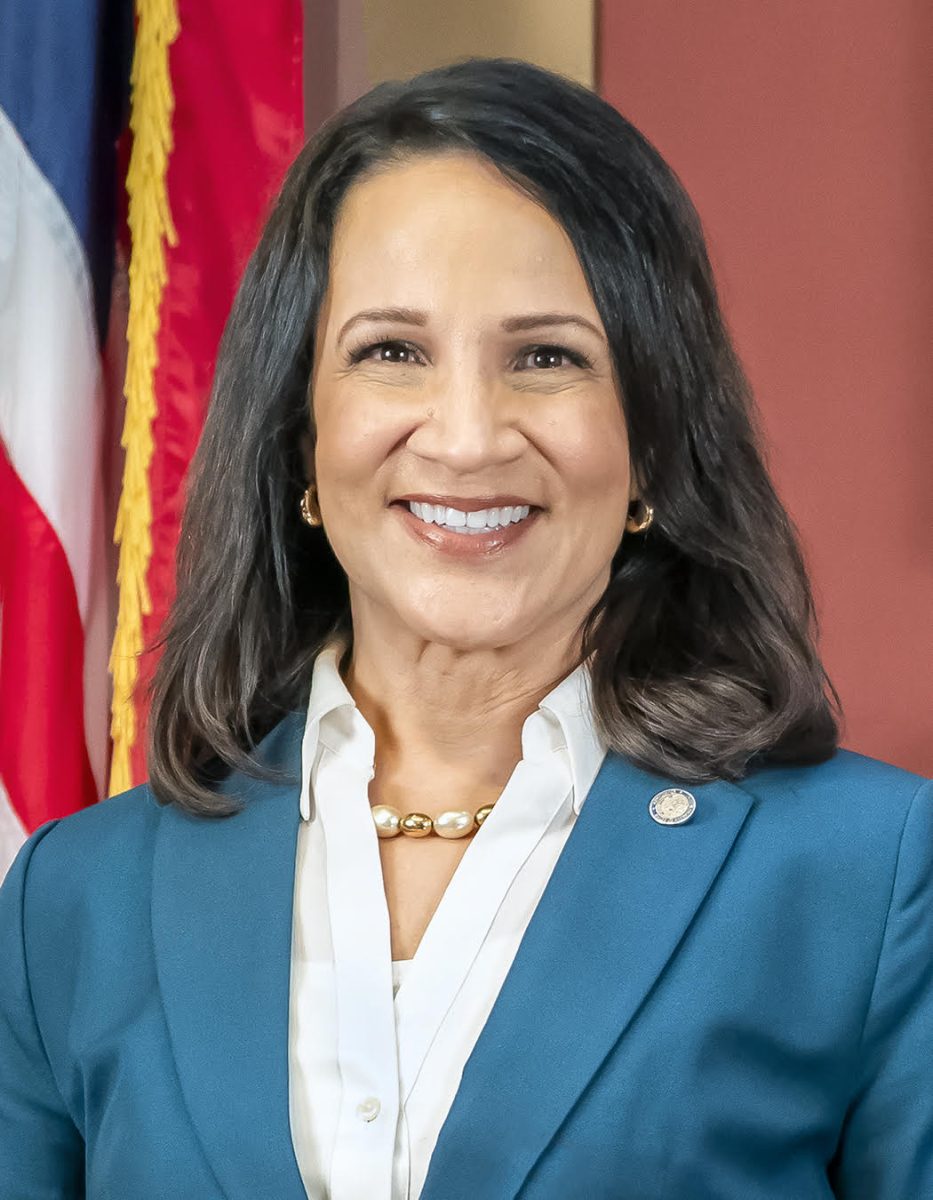With finals looming, the University of Minnesota undergraduate student government hopes to address student mental health with professor engagement.
The College of Liberal Arts Student Board held an event last month to discuss student mental health. The Student Board’s Mental Health Initiative organized students, faculty and administrators to speak about prioritizing mental wellness.
“At a stressful time in the semester where there’s a lot to manage before students take off for the summer, we want to remind them to prioritize their mental health and put themselves first,” said Simone Youssef, a member of CLASB.
CLASB created the CLA Classroom Inclusion Survey to gather student feedback on inclusion and equity environments, as well as mental health accommodations within CLA classrooms. The survey received nearly 400 CLA student responses.
Survey responses highlighted a “large gap” in CLA’s definitions of reasonable accommodations for mental health, what professors provide for mental health accommodations and students’ understanding of possible accommodations.
“Overall, about half of our respondents did have some sort of mental health diagnosis at some point, showing similar diagnosis percentages as [Boynton Health’s] 2018 College Student Health Survey,” said Rebecca Cowin, CLASB data analyst.
Around 58 percent of respondents said they have missed a class due to mental health, despite only 49 percent noting they were diagnosed with a mental health condition. Over 10 percent have missed an exam due to mental health.
“It’s concerning that more students don’t feel that they can go and talk to the professor during the situation,” Cowin said. “There are also some concerns on how accessible getting notes or excuses or accommodation for these things are.”
The results will motivate further conversations about educating professors and students on equity issues and developing college-specific pronoun policies. The University’s policy on gender equity recently passed through the University Senate.
CLASB’s recommendations from the results primarily focus on continuing conversations within the college and actions that professors can take to address mental health in their own classrooms.
The board recommends professors explicitly discuss mental health with students beyond the required syllabus text and continuously remind them about mental wellness throughout the semester. CLASB also recommends that professors be flexible with course schedule and content, such as allowing for extensions and absences when needed.
“To me, this campaign offers a sense of hope, connection and genuine community which are desperately needed by so many who are struggling and often feel alone in that struggle,” said Matt Hanson, assistant director of Boynton Mental Health, during the event.







